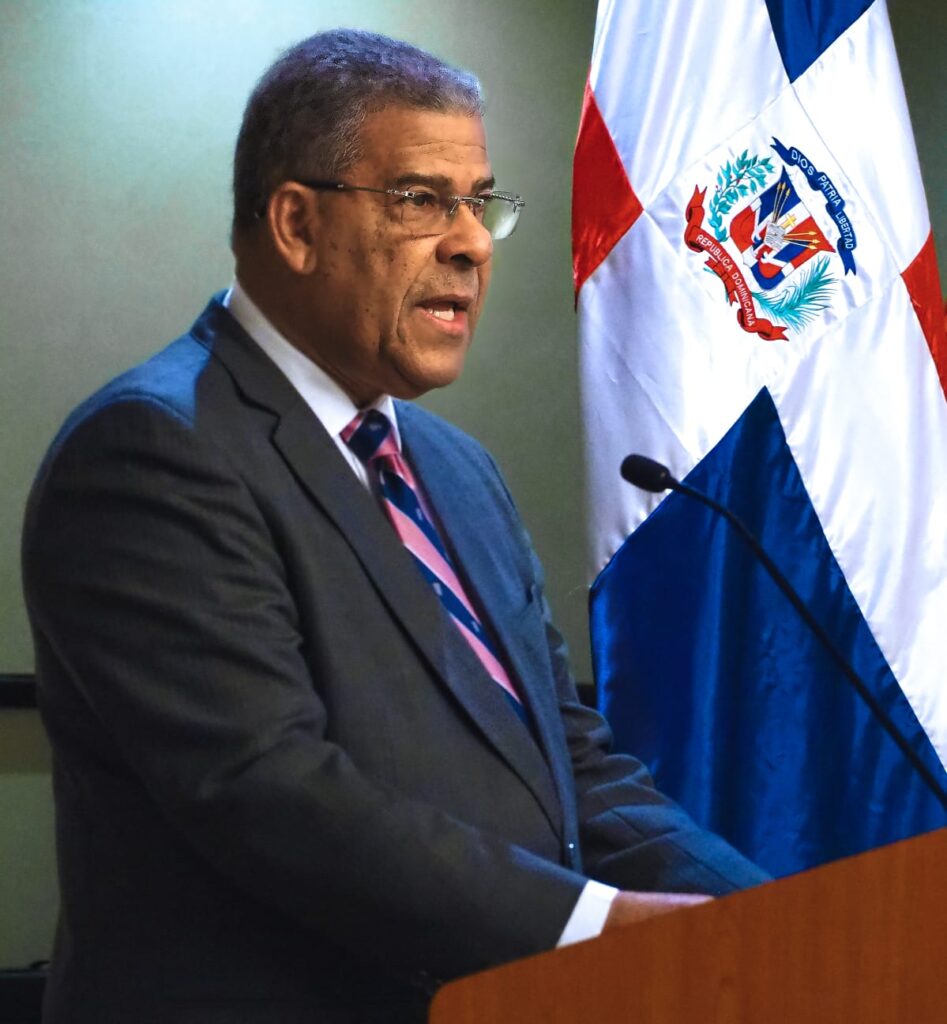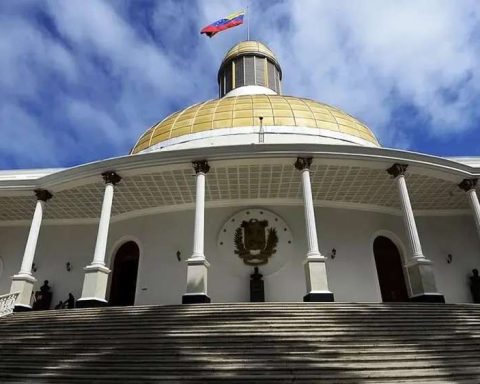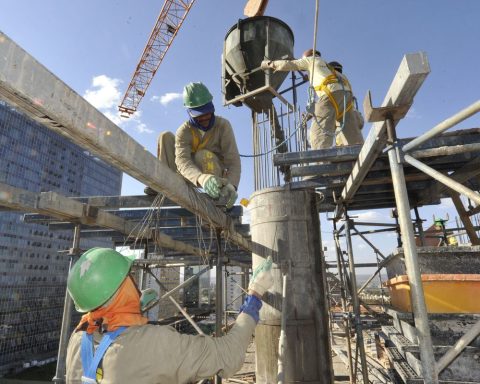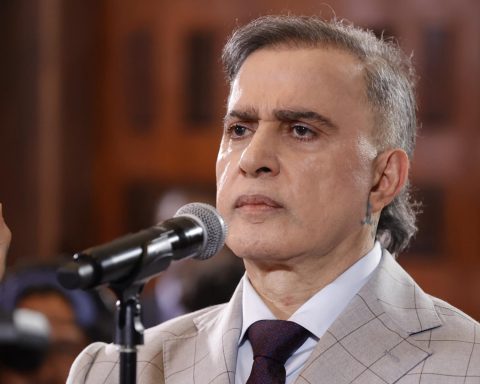The Ministry of Labor and Employment Promotion (MTPE) ordered this Sunday the modification of the regulation of the Law of Collective Labor Relations with the purpose of updating it to the changes that the norm has undergone over the years, as well as adapting it to international standards with the objective of reducing labor conflicts.
Through Supreme Decree No. 014-2022-TR, published this Sunday in the official newspaper El Peruano, the deduction of union dues by the employer and the deposit of the same to union organizations of different levels, including federations and confederations, thus contributing to their economic self-sustainability.
LOOK: Labor outsourcing: Ministry of Labor threatens the Judiciary
In addition, the scope is specified in relation to the judicial dissolution of the union organization due to loss of the minimum number of members, in such a way that, for the computation of the number of members, dismissed unionized workers and whose dismissal is still being considered are still considered. be prosecuted.
Regarding collective bargaining, the recent supreme decree establishes that the minority union only represents its members and that the employer cannot unilaterally extend the scope of the collective agreement. This measure was established in response to the detrimental effects of the unilateral extension of the agreements to non-affiliated workers; however, by agreement of the parties, the extension of benefits may be agreed upon.
Likewise, the guarantees for collective bargaining are developed, such as the obligation to bargain in good faith and the employer’s obligation to deliver economic and financial information for collective bargaining.
Strike
Regarding optional arbitration, the amendment establishes that this issue is the exclusive power of the workers, in cases of bad faith by the employer or lack of agreement in the first negotiation, in the level or content of this.
The MTPE indicated that this expressly avoids the configuration of a parallel development of a strike initiated by the workers and an optional arbitration initiated by the employer, since this affects the exercise of the right to strike.
On this last aspect, the consequences of the strike that is declared observing the legal requirements are developed, in accordance with literal a) of article 77 of the Law. In this sense, the prohibition is made express that the employer replace, directly or indirectly, to striking workers, and any act that prevents or obstructs the exercise of the right to strike.
Restrictive requirements are removed
The latest modifications also contemplate aspects related to the administrative simplification process, since the documentary requirements that are demanded in the registration procedures of union organizations in the union register and communication of the strike declaration are reduced.
In this sense, the presentation of legalized copies of meeting minutes is replaced by the presentation of simple copies.
Likewise, article 63 of the Regulations, which established a requirement not provided for in the Law for the declaration of a strike due to the defense of labor rights (the presentation of a consented or executed judicial resolution), is eliminated.
Adaptation to international standards
With the issuance of the aforementioned Sup Decree, the national regulations on fundamental rights recognized in article 28 of the Constitution (union freedom, collective bargaining and the right to strike) are also adapted to the decisions, recommendations and observations of the control bodies. of the ILO and the standards of the Inter-American Human Rights System.
In this way, the MTPE specified that “It seeks to address the situation in which trade union organizations find themselves in our country, due to the lack of protection and precariousness generated by regulations that do not favor the exercise of the collective rights of workers.”.
In 2020, the number of unionized workers represented only 4.94% of formal workers in the private sector and only 4.06% was covered by collective bargaining.


















